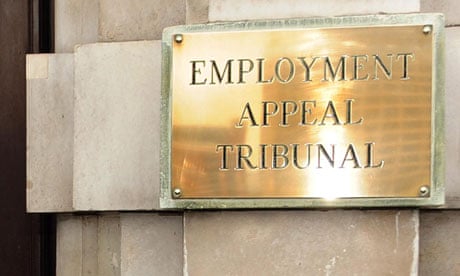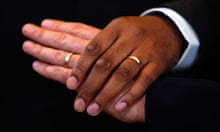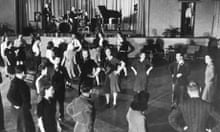Last month, the employment appeal tribunal upheld a ruling by a lower court that a local authority in south London was entitled to sack a care worker called Celestina Mba for refusing to work on Sundays.
As far as I can tell, the judgment was read out in court for the benefit of the parties and their lawyers. The ruling was transcribed and no doubt checked by the presiding judge, Mr Justice Langstaff, before being published on the appeal tribunal's website. A glance at the website shows that this process normally takes about a month. The Mba judgment was delivered on 13 December and published on 10 January.
Reporters are unlikely to visit the appeal tribunal's courtroom for delivery of judgments unless they have been tipped off in advance by one of the parties. So it comes as little surprise that the first report of the ruling did not appear until 30 December, when it was published by the Sunday Telegraph.
The paper's Home Affairs Correspondent has excellent shorthand and the absence of any quotes from the judgment in his scoop demonstrates that he had not been in court. Instead, he would have relied on notes of the ruling made by one the lawyers present.
Those notes proved to be accurate but they could never have been as complete as a copy of the judgment itself. The Telegraph headline, reflecting a sentence in the story, says Christians have no right to refuse to work on Sundays, rules judge. But the judgment itself says that "no such broad general issue arises". On the contrary, it adds, the questions raised by the case had to be decided "in the specific circumstances of this particular case alone", as found by the employment tribunal at an earlier hearing.
Among those facts was that Mba was never promised that she could have every Sunday off when she started working for the London borough of Merton at a respite home providing 24-hour care for children with serious disabilities. Initially, the council offered to take reasonable steps to accommodate her wishes, at least in the short term, but that offer appears to have been withdrawn after Mba raised a grievance about the council's approach.
Mba complained about indirect religious discrimination. Since 2003, employers have not been able to require Christians to work on Sunday unless the employer can show that such a requirement is objectively justified and a proportionate means of meeting a legitimate aim.
What the lower tribunal failed to understand was that it was required to consider the effect of Sunday working on Christians as a group rather than on Mba as an individual. If its policy had affected every Christian, it would have a greater discriminatory effect. The greater the discriminatory effect, the more the employer has to do to demonstrate that provision, criterion or practice complained of — in this case, Sunday working — is necessary and proportionate.
But the evidence from Bishop Michael Nazir-Ali was that "some Christians will not work on the Sabbath (except for mercies), others may work only in an emergency". The appeal tribunal took that as proof that "many Christians will work on the Sabbath". And the lower tribunal was entitled to take that into account in weighing the impact of Sunday working on Christians.
The appeal tribunal was also reported as ruling that declining to work on Sundays was not a "core component" of Christian belief. That, too, is only part of the story.
Certainly, the lower tribunal had said something to that effect. Its ruling had not been "well expressed", the appeal tribunal acknowledged. But although the employment tribunal had "no right to determine matters of faith quantitatively", the appeal body explained, "the weight to be given to the degree of interference with religious belief of a certain kind will inevitably differ depending upon the number of believers who will be affected by the particular provision, criterion or practice concerned."
The appeal tribunal accepted the importance of eliminating discrimination on ground of religion or belief. But to say that an employer must make "all possible" efforts, as Mba's lawyer Paul Diamond had argued, was "to put the standard too high".
All this is quite subtle and complicated. It was well summarised in a one-page note issued by the appeal tribunal with its ruling. This said that by using the expression "core", the lower tribunal had been "permissibly commenting on the degree to which Christians numerically would be affected and not attempting to tell them what was important in their faith".
But there is little point in publishing this summary after the ruling has been widely reported and debated. The employment appeal tribunal should change its practices. Except in cases of urgency — which must be quite rare — it should prepare a written version of its ruling and publish it when it gives judgment. If that means the parties have to wait a month longer, so be it. It's more important that public debate should be properly informed.






